The answer from a functional medicine dietitian
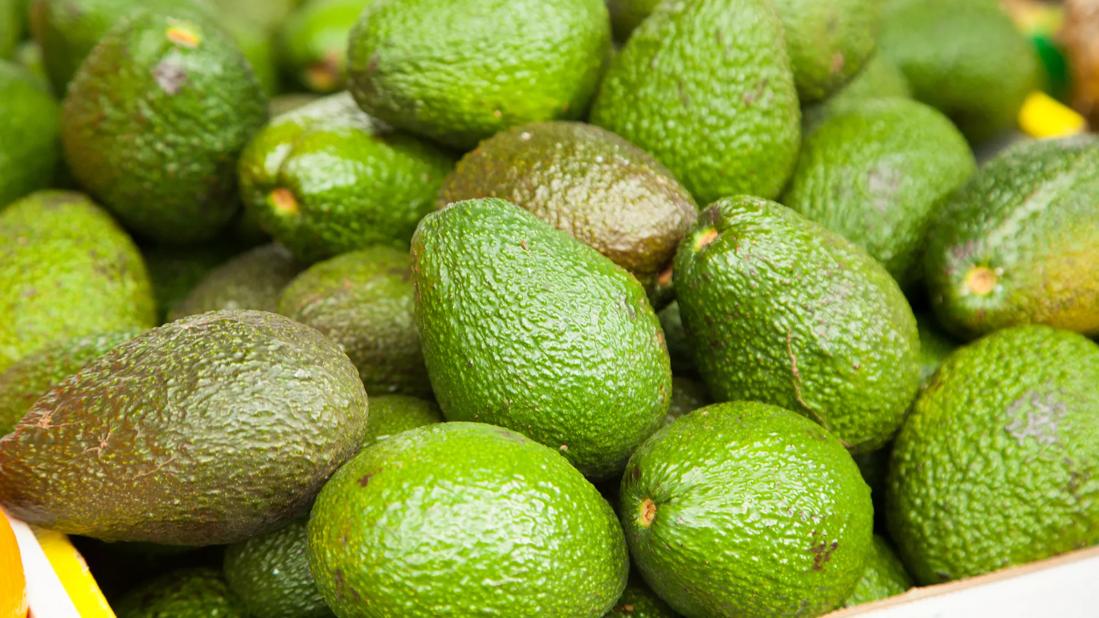
Yesterday, it was mashed avocado slathered on gluten-free toast, a runny egg and a few dashes of Sriracha hot sauce. Today’s lunch? Cubed avocado on your spinach salad. So would guacamole with tonight’s tacos be overkill?
Cleveland Clinic is a non-profit academic medical center. Advertising on our site helps support our mission. We do not endorse non-Cleveland Clinic products or services. Policy
Sure, you can’t technically “overdose” on avocado, is there ever too much?
Functional medicine dietitian Ariana Cucuzza, RD, says there’s no one simple answer because no two bodies are the same.
“Obviously, there is good reason for including avocado in your diet because it offers so many benefits,” Cucuzza says. “But like anything good, people do have a tendency to go overboard.
“It is all the rage right now. And with good reason. It has the ability to be sweet or savory. You can throw it in a smoothie for texture or make some guac. But this is one of those instances when there’s no one-size-fits-all for recommendations.”
Deciding how many avocados to throw in the grocery basket? You first have to look at what your goals are for your weight, gut health, overall healthy diet — and your body type, activity level and genes, Cucuzza says.
“Usually, I would recommend that ½ to one avocado a day is reasonable,” she says.
She notes that since avocados are a pretty significant source of healthy monounsaturated fat, they make you more satisfied and are harder to overdo because they tend to fill you up. (Of the 20 to 25 total grams of fat in avocados, 15 grams is monounsaturated fat.)
It’s worth noting that avocados aren’t low-cal, with a whole one generally having between 200 and 300 calories, depending on size. But functional medicine experts don’t usually focus on calories alone, Cucuzza explains. “We really look more at increasing whole foods in the diet first,” she says. “We find when patients eat more real food, and less processed food, things tend to fall into place.”
Going all gung-ho on avocado? Just be sure not to eat it so much of it that you’re shunning other healthy fats in your diet.
“If you’re getting all of your healthy fat from avocados, you’re not getting all of the benefits from things like olives, olive oil, nuts and seeds,” Cucuzza says. “To maintain an overall healthy diet, variety is key to get everything that your body needs.”
After all, we now know that fat doesn’t make you fat per se. The real culprit of many issues — like metabolic syndrome, high blood pressure, heart disease and diabetes — is processed carbohydrates, not the fat we’re consuming, she says.
Besides its healthy fats, there’s plenty of other lesser-known reasons to include avocado on your plate.
“Avocados are really high in fiber, which is important for feeling full between meals and for keeping our digestive tract moving and lowering our cholesterol,” Cucuzza says.
It’s also really high in potassium, one of those good electrolytes that’s essential for our heart, muscles and many body processes.
Plus, avocado actually helps your body absorb fat-soluble vitamins: A, D, E and K. “So eating avocado with a salad or a lot of different vegetables actually helps you to absorb the vitamins from those foods,” she says.
That vitamin E is important for immune function. And overall, avocados are known for supporting brain function and healthy memory thanks to their healthy fats.
If you’re really watching your weight, Cucuzza says, it’s probably wise to stick to about one-half to one whole avocado per day, assuming you are also eating other sources of healthy fats.
Avocados are also a higher FODMAP food, meaning they contain carbohydrates that may not be digested or absorbed well. So, those following a low-FODMAP diet or those with intestinal bacterial overgrowth will also want to stick to an eighth an avocado serving, although there is no magic amount for everyone.
The bottom line? “Avocado could be part of your daily diet as long as you’re including a variety of colors, textures and kinds of food,” Cucuzza concludes.
Learn more about our editorial process.
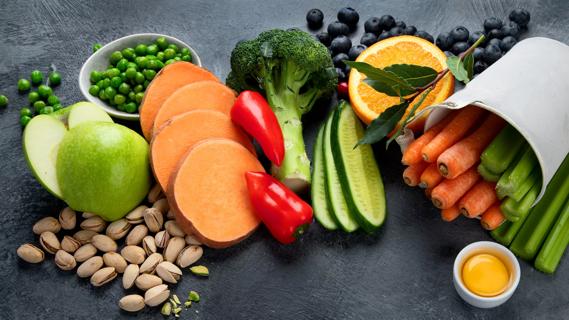
This powerful carotenoid can help with your eye and skin health, LDL reduction and cognitive function
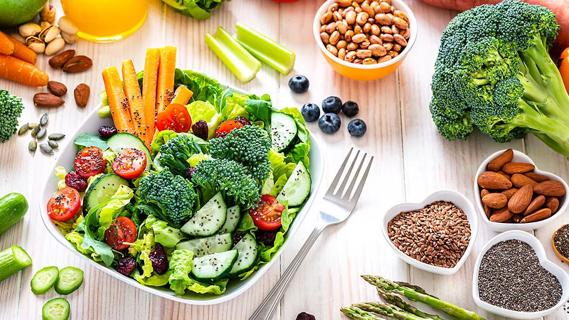
These typically colorful plant-based substances provide various health benefits that help protect you from disease

When it comes to getting proper nutrition, your assigned sex can play a role — but there’s more to it than that
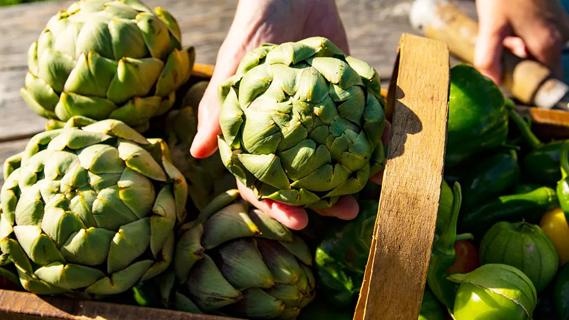
This unique-looking veggie is fiber-dense and antioxidant-rich, and can improve the health of your gut, liver and heart
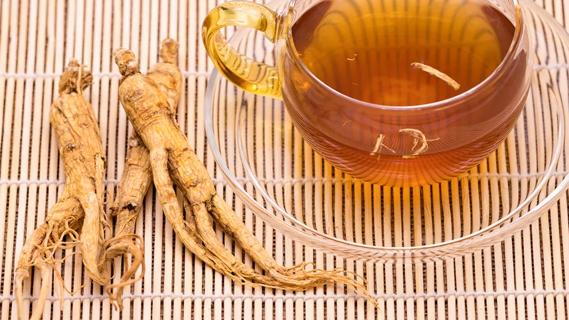
Two types of ginseng work in different ways to help improve energy, immunity and heart health
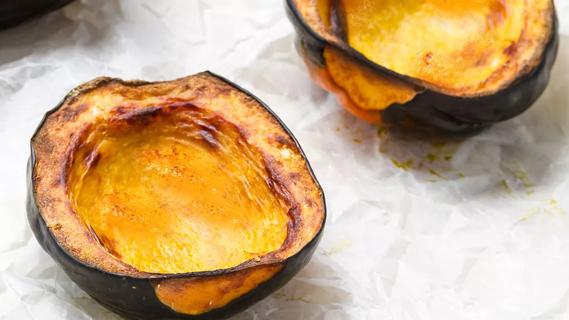
Subtly sweet, buttery and vitamin-packed
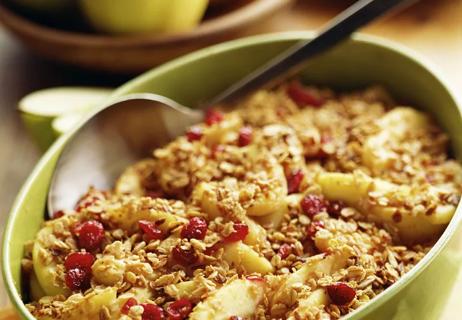
A healthier dessert, packed with distinct flavors
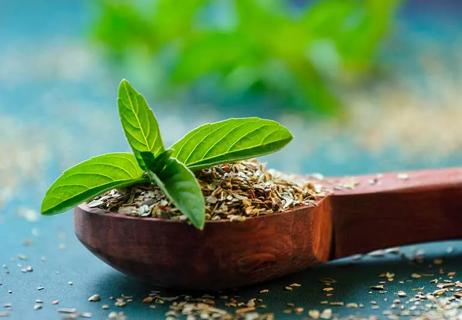
This herb offers different potential benefits from the basil you find in pesto

Your metabolism may torch 1,300 to 2,000 calories daily with no activity

A gentle touch in all the right places may help drain your sinuses